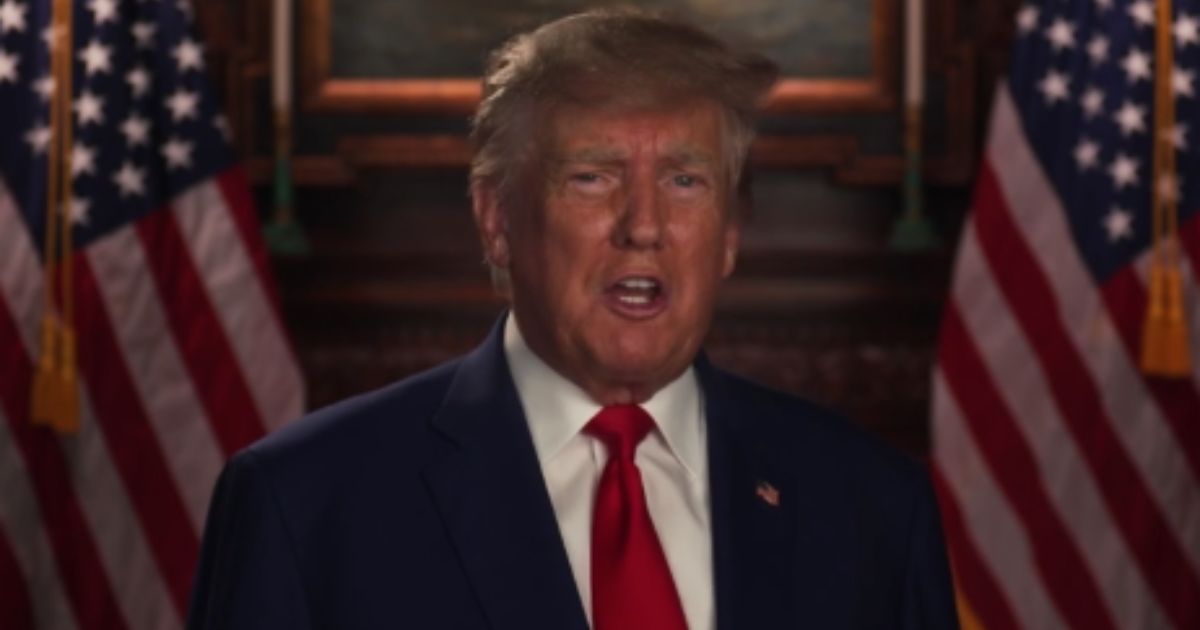Megyn Kelly weighs in on John Roberts' potential role in key deportation case
Megyn Kelly, a prominent media figure, recently discussed the potential implications for Chief Justice John Roberts concerning an important case likely to come before the U.S. Supreme Court.
This case revolves around the Department of Justice's request to reverse a lower court ruling that halted the deportation of Venezuelan gang members under the Alien Enemies Act of 1798, as the Daily Caller reports, with Kelly suggesting that the outcome may hinge on Roberts.
On her SiriusXM show, Kelly highlighted Roberts' crucial role on the panel and her worries that the justice's concerns about the court's reputation could potentially influence his decision.
The controversy began when the Trump administration utilized the Alien Enemies Act to target the Tren de Aragua, a known Venezuelan gang, prompting a legal challenge that reached the D.C. Circuit Court of Appeals.
The court's decision to pause the deportation sparked a broad debate about the extent of executive powers in matters of national security. This legal skirmish underscores the ongoing tensions between the judiciary and the executive over immigration enforcement policies.
On her show, Kelly articulated her viewpoint that Roberts might face a significant dilemma in voting against the administration's request. According to her, doing so could position him vulnerably, given his well-documented preoccupation with how the Supreme Court is perceived publicly.
"John Roberts above all knows if he hands down a ruling telling the commander-in-chief that the nine men and women in black robes have the final say over what is perceived as a military threat unleashed on us by a foreign government, he’s on the thinnest of possible ice,” Kelly remarked.
Halperin Weighs in
During the discussion, political analyst Mark Halperin provided further insights into the dynamics within the Supreme Court.
He pointed out that Roberts, despite his conservative background, occasionally departs from strictly ideological lines, particularly in cases involving presidential powers. “Well, he [Roberts] is an interesting figure because he does vote sometimes against Republican presidents, including this one,” Halperin explained.
Halperin also emphasized that while the court might not entirely align with Trump, it generally tends to defer to the presidency on matters of national security.
“I think in this case and in the comparable ones, as you suggested, as has been mentioned, deference to the commander-in-chief on this stuff is something where there’s clearly popular will. You can find that. You don’t need to look outside the walls of the Constitution to find that,” he added.
The internal court deliberations and their eventual resolution carry substantial implications not only for the specific immigration case but also for broader interpretations of executive powers under the U.S. Constitution. The outcome could significantly influence future presidential directives on national security and their judicial oversight.
Expediency Urged
Sarah Harris, the Acting Solicitor General arguing the case, stressed the urgency of a Supreme Court resolution.
She advocates for a swift handling similar to those of landmark cases such as Bush v. Gore, given the stakes involved in national security and the fulfillment of campaign promises. "They’ll probably vote with the president on this one. But Roberts has got to expedite these things,” Harris noted.
This push for expedition reflects the administration's perspective on the inefficiency of prolonged legal processes in matters that they consider crucial to national security.
Harris's comments highlight a critical aspect of the government's strategy in legal battles: the attempt to align judicial timelines with political and operational urgencies.
As the Supreme Court prepares to deliberate on this significant case, the discussions on Kelly's show shed light on the nuanced and tense interplay between the judiciary's commitment to legal principles and the executive's pursuit of its policy objectives.
The ultimate decisions made by Roberts and his colleagues will thus be closely watched, not just for their legal implications but also for their potential political reverberations.





